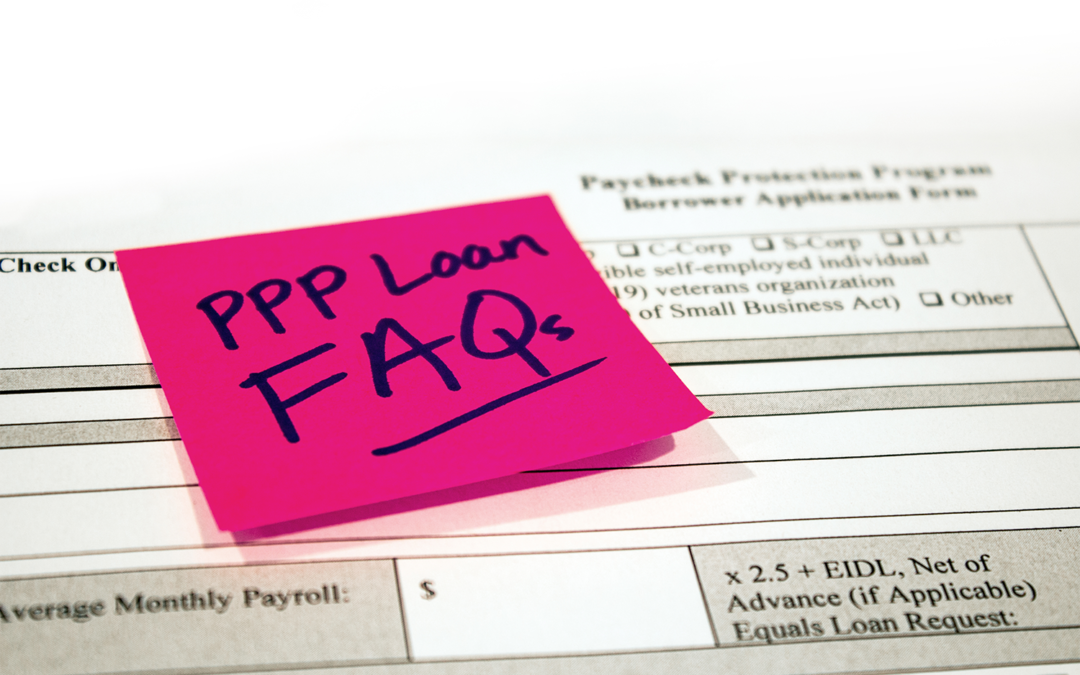The Treasury Department and SBA announced on May 13th that businesses who received a Paycheck Protection Program (PPP) loan of less than $2 million would automatically be deemed to have performed the required certification concerning the need for their loan in good faith. These businesses won’t be subject to an audit under this requirement.
In their updated Frequently Asked Questions, the SBA states the following:
#46. How will SBA review borrowers’ required good-faith certification concerning the necessity of their loan request?
When submitting a PPP application, all borrowers are required to certify in good faith that “current economic uncertainty makes this loan request necessary to support the ongoing operations of the Applicant.” SBA, in consultation with the Department of the Treasury, has determined that the following safe harbor will apply to SBA’s review of PPP loans with respect to this issue: Any borrower that, together with its affiliates, received PPP loans with an original principal amount of less than $2 million will be deemed to have made the required certification concerning the necessity of the loan request in good faith.
SBA has determined that this safe harbor is appropriate because borrowers with loans below this threshold are generally less likely to have had access to adequate sources of liquidity in the current economic environment than borrowers that obtained larger loans. This safe harbor will also promote economic certainty as PPP borrowers with more limited resources endeavor to retain and rehire employees. In addition, given the large volume of PPP loans, this approach will enable SBA to conserve its finite audit resources and focus its reviews on larger loans, where the compliance effort may yield higher returns.
Businesses should still maintain appropriate records regarding the use of PPP loan funds and consult with their lender or CPA directly for any questions related to their loan.
